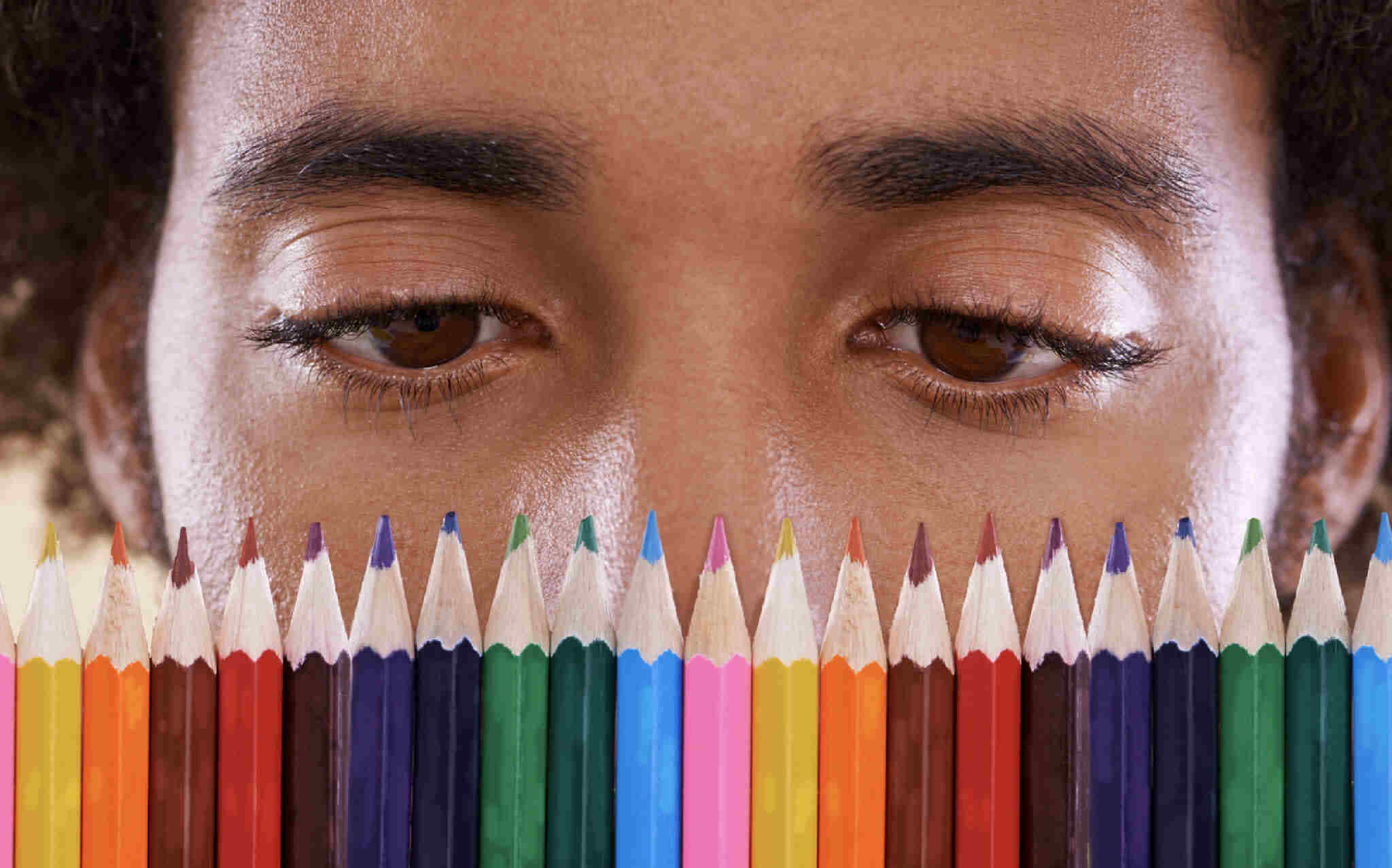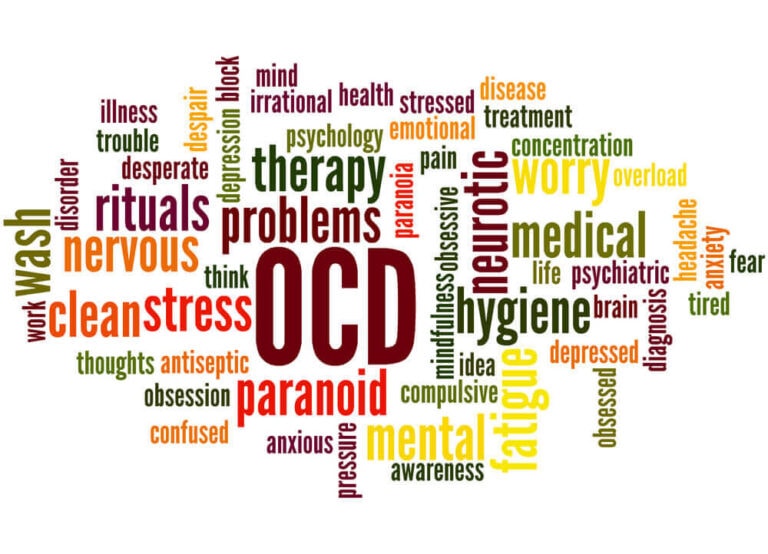“A codependent person is one who has let another person’s behavior affect him or her, and who is obsessed with controlling that person’s behavior.”
― Melody Beattie, expert on codependency and author of Codependent No More: How to Stop Controlling Others and Start Caring for Yourself
What is codependency?
Codependency is a negative factor that is encountered in many relationships that can destroy not only the relationship but also each individual involved. Codependency was first used to describe unhealthy relationships characterized by excessive control or compliance, often with one partner lacking self-sufficiency and autonomy resulting in sacrificing one’s personal needs to try to meet the needs of others. Codependency is strongly associated with passivity and feelings of shame, low self-worth, or insecurity. Codependent behaviors usually stem from deep-rooted pasts. Many individuals may not even realize they are codependent and will be in denial that they are in a codependent relationship.
Codependent relationships
Successful and healthy relationships take a lot of patience, skill, empathy, and determination. Many factors are needed for positive growth whether it is a romantic relationship, a sibling relationship, a friendship, or a parent/child relationship.
A codependent relationship is a dysfunctional, one-sided relationship where one person in the relationship is dependent on their partner to meet nearly all of their emotional and self-esteem needs. Codependent relationships enable another person to maintain their irresponsible, addictive, or underachieving behavior.
What causes codependency?
Codependent behaviors often have profound roots in a person’s past. Codependent patterns will often present in adults an attempt to fulfill a subconscious need to resolve old childhood dramas and traumas. We may live behind high emotional pain thresholds that we developed to cope with painful feelings and events during our childhood. This cycle can be recurrent and viscous and result in parents having codependent relationships with their children, which can perpetuate your children’s cycle developing codependent relationships as they grow into adolescents and adults. To break this cycle, you need to recognize and acknowledge your past.
Real-life examples of codependency
You believe that high-stress levels are responsible for your husband’s drinking problem. You usually arrive home from work before he does so that you can create a soothing atmosphere for him – low lights, soft music, kids playing quietly in their rooms. If you know he is getting home before you, you develop a lot of stress on the way home and usually have a headache by the time you arrive home.
Your teenage son has been going through treatment for substance abuse, and he is now back home working through his recovery. You have noticed significant mood changes and have found drug paraphernalia in his bedroom, but you are too scared of addressing this with him out of fear he will become angry with you and not speak to you.
Signs and symptoms of codependency
- Low self-esteem
- People pleasing
- Poor boundaries
- Reactive/defensive to everyone’s opinions and thoughts
- The need to take care of others
- The need to be taken care of by another person
- The need to be in control
- Obsessive about other people and relationships
- Difficulty with intimacy
- The need for others to like you in order for you to be okay with yourself
- Intense fear being alone
- Intense fear of being rejected or judged by others
- Denial about being codependent
Addiction and codependency
Many individuals who are struggling with a substance use disorder are codependent on a family member or loved one’s enabling behaviors. These “enabling” patterns (such as rescuing a partner, bailing them out, making and accepting excuses for their behavior, and constantly trying to fix problems) are used to ease relationship tension caused by drug and alcohol abuse.
How to overcome codependency
Many individuals who are codependent do not recognize their signs or symptoms until other individuals point them out, and often they will be in denial about these behaviors. Codependency, like addiction, is a disease – an unhealthy state of being. Psychological treatment is often necessary for individuals to realize their codependent patterns and to develop healthy coping skills to overcome these harmful mindsets and habits. Seeking therapy can help you recover from codependency.
When recovering from codependency, it is important to remember:
- Setting limits does not make you a bad person.
- Paying attention to your own needs does not make you a bad person.
- Taking charge of your codependent behavior is not the same thing as abandoning someone for whom you are solely and fully responsible.
- You nurture your wants, and you view yourself as reliant, smart, and capable.
- You eliminate abusive and enabling behavior. You practice awareness, change, and growth to overcome unhealthy relationship habits.
- You respond instead of react to your partner and others.
- You set clear boundaries and tolerate other people’s opinions but do not rely on them.
- Your reaction is your responsibility, and you develop healthy skepticism regarding what others say about you (good or bad).
If you or your partner are struggling with codependency, this can have a huge impact on the quality of your relationship. Even in families, or codependent child or codependent parent can strongly impact your family dynamic. Seeking help for codependency is an important step to take and our therapists at Akua Behavioral Health are unique capable of addressing the underlying causes and childhood trauma often associated with codependent behaviors.




